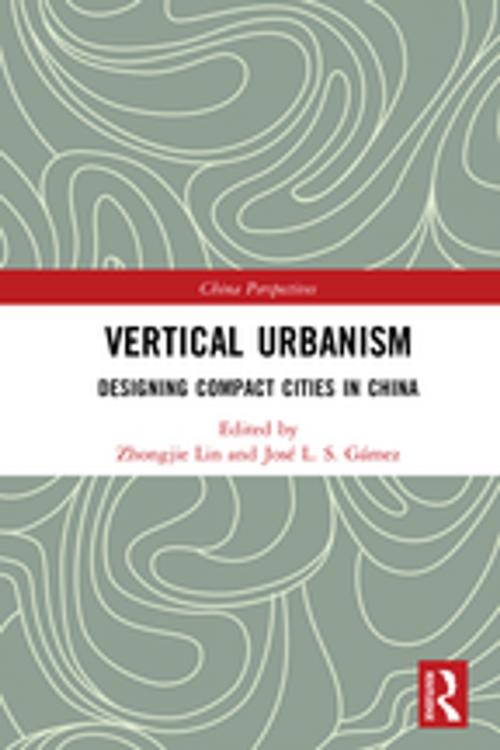Vertical Urbanism
Designing Compact Cities in China
Nonfiction, Art & Architecture, Architecture, Landscape, Planning| Author: | ISBN: | 9781351206815 | |
| Publisher: | Taylor and Francis | Publication: | April 27, 2018 |
| Imprint: | Routledge | Language: | English |
| Author: | |
| ISBN: | 9781351206815 |
| Publisher: | Taylor and Francis |
| Publication: | April 27, 2018 |
| Imprint: | Routledge |
| Language: | English |
Studies of compact cities have evolved along with the rising awareness of climate change and sustainable development. Relevant debates, however, reveal that the prevailing definitions and practices of compact cities are tied primarily to traditional Western urban forms.
This book reinterprets "compact city", and develops a ground-breaking discourse of "Vertical Urbanism", a concept that has never been critically articulated. It emphasizes "Vertical Urbanism" as a dynamic design strategy instead of a static form, distinguishing it from the stereotyped concept of "vertical city" or "towers in the park" dominant in China and elsewhere, and suggests its adaptability to different geographic and cultural contexts. Using Chinese cities as laboratories of investigation, this book explores the design, ecological, and sociocultural dimensions of building compact cities, and addresses important global urban issues through localized design solutions, such as the relationship between density and vitality, the integration of horizontal and vertical dimensions of design, and the ecological and social adaptability of combinatory mega-forms. In addition, through discussions with scholars from the United States, China, and Japan, this book provides an insight into the theoretical debates surrounding "compact city" and "Vertical Urbanism" in the global context.
Scholars and students in architecture and urban planning will be attracted by this book. Also, it will appeal to readers with an interest in urban development and Asian studies.
Studies of compact cities have evolved along with the rising awareness of climate change and sustainable development. Relevant debates, however, reveal that the prevailing definitions and practices of compact cities are tied primarily to traditional Western urban forms.
This book reinterprets "compact city", and develops a ground-breaking discourse of "Vertical Urbanism", a concept that has never been critically articulated. It emphasizes "Vertical Urbanism" as a dynamic design strategy instead of a static form, distinguishing it from the stereotyped concept of "vertical city" or "towers in the park" dominant in China and elsewhere, and suggests its adaptability to different geographic and cultural contexts. Using Chinese cities as laboratories of investigation, this book explores the design, ecological, and sociocultural dimensions of building compact cities, and addresses important global urban issues through localized design solutions, such as the relationship between density and vitality, the integration of horizontal and vertical dimensions of design, and the ecological and social adaptability of combinatory mega-forms. In addition, through discussions with scholars from the United States, China, and Japan, this book provides an insight into the theoretical debates surrounding "compact city" and "Vertical Urbanism" in the global context.
Scholars and students in architecture and urban planning will be attracted by this book. Also, it will appeal to readers with an interest in urban development and Asian studies.















